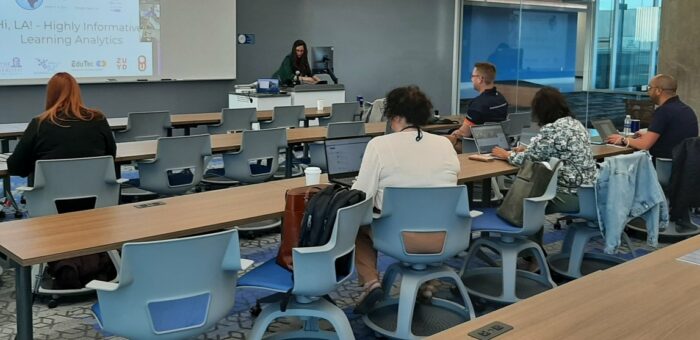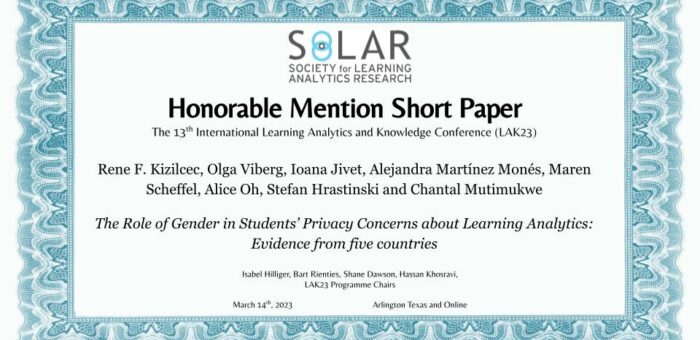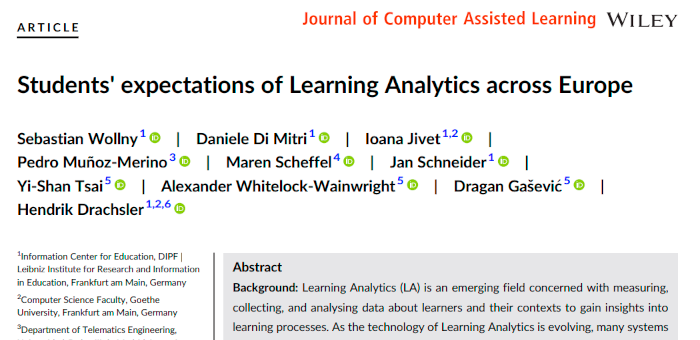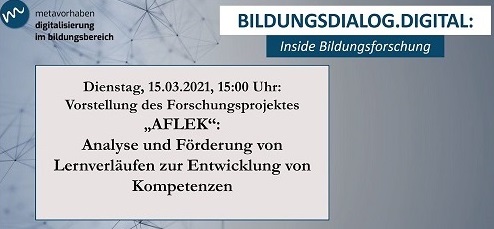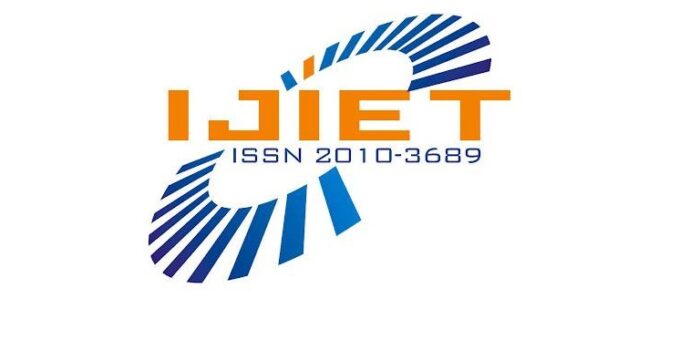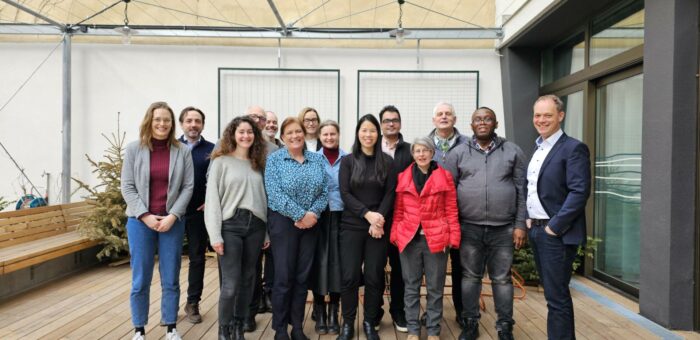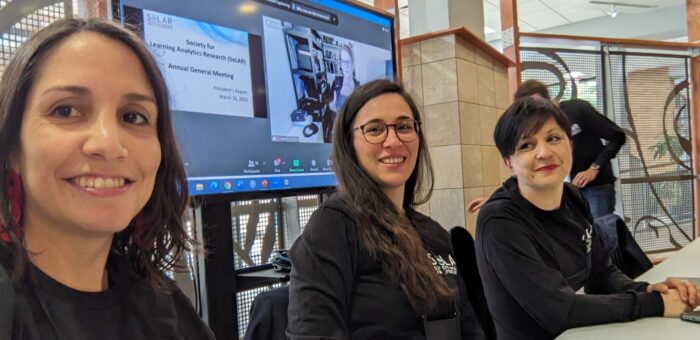
Reelection in the Executive Committee of SoLAR
Ioana Jivet has been reelected to the Executive Committee of the Society for Learning Analytics Research (SoLAR) for another mandate of two years 2023-2025. The Executive committee governs the society's work and meets regularly to decide on matters of policy, general business, the tabling of reports from any Committee and any other matter that requires the Executive’s decision-making powers. The Society for Learning Analytics Research (SoLAR) is an inter-disciplinary network of leading international researchers who are exploring the role and impact of analytics on teaching, learning, training and development. SoLAR has been active in organizing the International Conference on Learning Analytics & Knowledge (LAK) and the Learning Analytics Summer Institute (LASI), launching multiple initiatives to support collaborative and open research around learning analytics, promoting the publication and dissemination of learning analytics research, and advising and…

